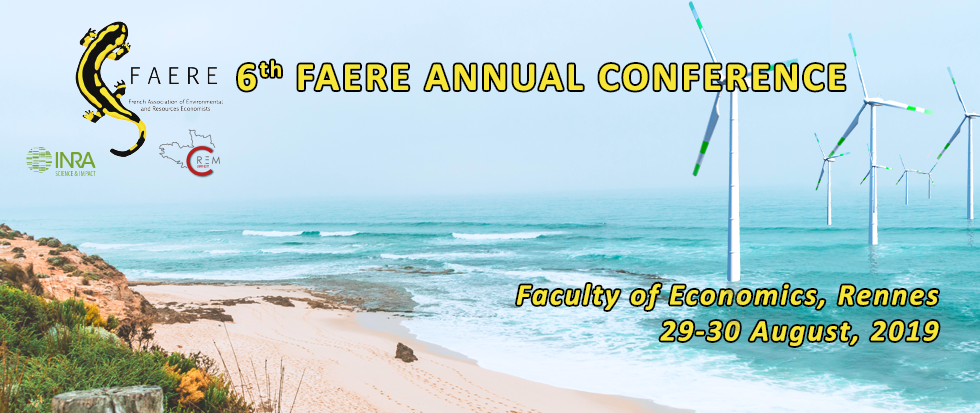This paper proposes and analyzes the consequences of a widely-used, but little-studied institution, limited-tenure concessions, for governing natural
resources and other club goods. We first show in a simple repeated game setting that such a system can incentivize socially-efficient provision of club
goods. We then extend the model to account for spatially-connected resources, an arbitrary number of heterogeneous agents, and natural resource
dynamics, and show that the basic ability of limited-tenure concessions to incentivize the first best private provision is preserved in this rich setting
that is more representative of natural resources such as fish, water, and game. The duration of tenure and the dispersal of the resource then play
pivotal roles in whether this limited-duration concession achieves the socially optimal outcome. Finally, in a setting with costly monitoring, we discuss
the features of a concession contract that ensure first-best behavior, but at least cost to the implementing agency.

Limited-tenure concessions for collective goods
1 : CEE-M, Université de Montpellier
(CEE-M)
-
Website
Centre National de la Recherche Scientifique : FRE2010, Institut national d’études supérieures agronomiques de Montpellier, Institut National de la Recherche Agronomique : UMR1135, Université de Montpellier
2 Place Viala, INRA - Montpellier SupAgro 34060 Montpellier Cedex 2 -
France
2 : Centre dÉconomie de l'Environnement - Montpellier - FRE2010
(CEE-M)
-
Website
Institut National de la Recherche Agronomique : UMR1135, Université de Montpellier, Centre National de la Recherche Scientifique : FRE2010, Institut national d’études supérieures agronomiques de Montpellier
2 Place Viala, INRA - MSA34060 Montpellier Cedex 2 -
France
3 : Aix-Marseille Sciences Economiques
(AMSE)
-
Website
École des Hautes Études en Sciences Sociales : UMR7316, Aix Marseille Université : UMR7316, Ecole Centrale de Marseille : UMR7316, Centre National de la Recherche Scientifique : UMR7316
5-9 Boulevard BourdetCS 5049813205 Marseille Cedex 1 -
France


